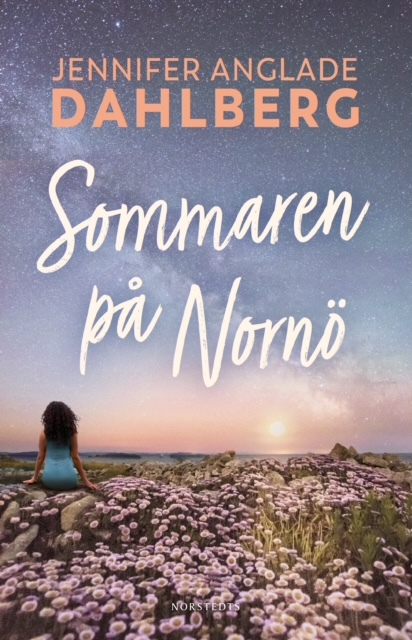- Nov 28, 2021
After another challenging year, the holidays are finally upon us and I hope you will be able to find peace and joy this season. I love giving well-thought-out presents to family and friends and have put together some of my favorite pieces to channel your inner Santa. I always start from a bookish perspective and then add other book-adjacent items that have caught my fancy. There has been lots of talk about supply chain issues and shipping delays so start in good time to maintain your sanity :). My goal is to have a little fun and inspire, not to push products! Nothing beats good health and the company of loved ones...
BOOKS
So many interesting titles have been released just in time for the holidays. Bibliophile Diverse Spines is the latest installment to the much-appreciated series. Foodies will love Gastro Obscura: A Food Adventurer's Guide and creatives will find inspiration in the living spaces of Artists in Residence. The Afro Surf tome makes me want to hit the waves!
Art, design, beauty, style, and decor are front and center in these beautiful coffee table books: ACNE PAPER; Mickalene Thomas; Life in a French Country House; Estée Lauder: A Beautiful Life; Slim Aarons Style; Hill House Living.
These new biographies dig deeper into the lives of beloved icons: Will; Tim: Biografin om Avicii; Garbo.
The Something's Off book came out in June, but it would be the perfect gift for (and homage to) fans of the late great designer and artist, Virgil Abloh.
COZY FASHION
Want to keep someone warm or up their WFH game? These pieces may just do the trick: Soft Goat cashmere pants and hoodie; Ugg Cozette slides; Ugg Scuffita slippers; Stand Studio purple furry hat; Stand Studio Lucille shearling tote; Stand Studio cocoon coat.
HOME
Home for the holidays takes on new meaning with these pieces: Svenskt Tenn Mareld vase in forest green; Svenkt Tenn emerald Glasiett leaf; Anissa Kermiche striking Love Handles vase; Chamois Pomegranate tablecloth; Not Another Bill personalized Table Seating Planner for dinner parties; Skultuna's newest Veermaker's Bluebell candlestick.
CANDLES
Let there be light with these elegant scented candles: Perennial favorite La Forêt from Victor Vaissier will bring the essence of the forest to your home. Pair it with another one of their seasonal fragrances, Saison Bleu. Holiday from Harlem Candle Company was inspired by Billie Holiday. Evening Amber, a new, aromatically chic blend by style maven Nathalie Schuterman. Light it all up with this smart match set from Eldstickan.
LUXURIOUS SELF CARE
Do you want to spoil someone in your life? Or maybe reward yourself for getting that raise or publishing a book? Hermès hand cream and nail polish are the latest entries into the luxury beauty space. Chanel also produces a luxurious hand cream for winter days. Dr. Barbara Sturm skincare boasts a loyal clientele and I'm happy to see she has developed products for darker skin tones. The Molton Brown Christmas Cracker with four woody-scented bath gels would make the perfect stocking stuffer.
COOL LUXURY
These gifts are sleek and gender-neutral: stylish Hermès Apple watch; Satake Ame knife set; Rimowa's classic silver cabin bag; Tiffany Supreme keychain.
FUN & WHIMSICAL
Holiday breaks aren't complete without a complicated puzzle to put together and bibliophiles will be scratching their heads for days with In the Bookstore and Classic Paperbacks! Olympia Le Tan trades in her signature book covers for an adorable CEO Barbie clutch. Pärlans Julkalender is a wonderful collection of delectable caramel candies.
LAST WORD...
Please consider donating to a charity in need or a cause close to your heart. Among other charitable organizations, I will be supporting Mentor International.
Wishing you all love and light this holiday season!!

















































































































